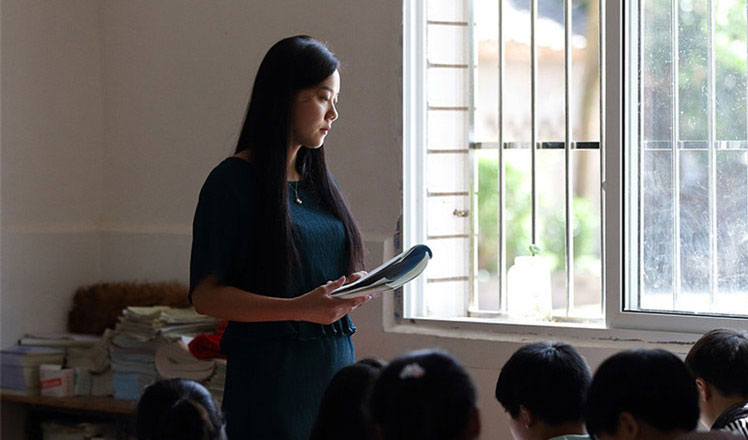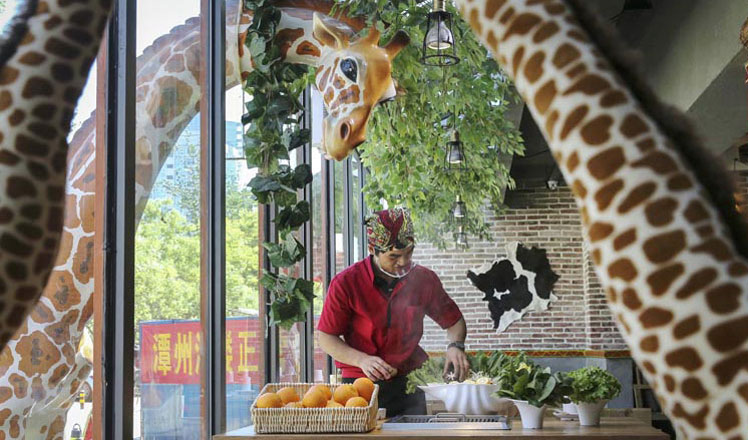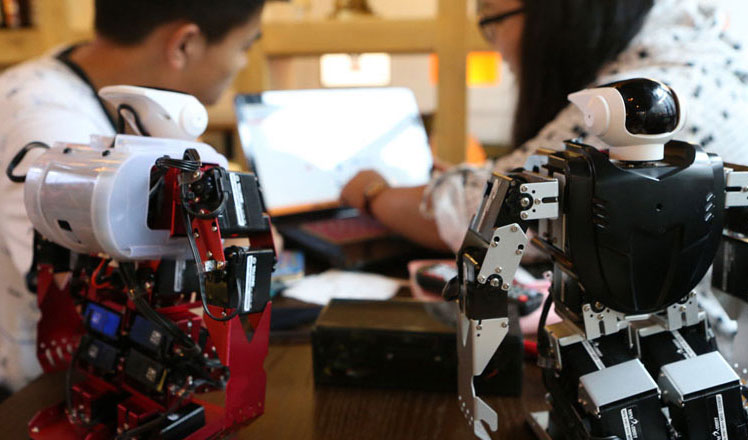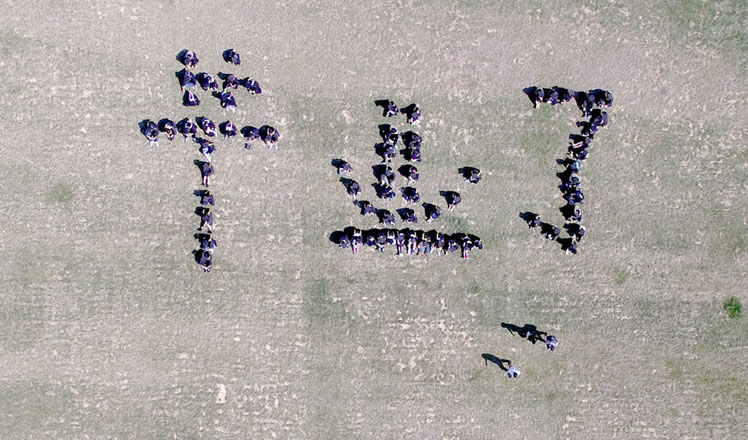Premier Li Keqiang Meets Senior Editors of Asia News Network Members
Updated: 2016-06-01 21:37
(chinadaily.com.cn)
|
||||||||
Warren Fernandez, Editor-in-Chief of The Straits Times: My last visit to China was in the 1990s as a correspondent. It is great to see the development achievements of China and Asia in the past two decades, which is largely attributable to the peaceful and stable environment you just referred to. Meanwhile, we still have anxiety about the South China Sea. My question is: will China take the lead in a new form of superpower to put the issues behind us by reaching the COC with relevant countries, or seeking a neutral international solution?
Li Keqiang: Your question shows you are a senior journalist, though you look so young. (laughter) This is a good thing. You may care to share your secret with your colleagues.
I wish to emphasize that China is not, and has no intention to be a superpower. We believe that all countries, big or small, should work with each other on the basis of mutual respect and equality. So there is no such thing as China being a "leader", or a "big brother" as mentioned by your Thai colleague.
On the South China Sea issue, China has taken a constructive approach, and calls on regional countries to find solutions through consensus building on the basis of respecting history and the international law. This led us to concluding the Declaration on the Conduct of Parties in the South China Sea (DOC), an anchor for peace and stability in the South China Sea for over ten years. In the past couple of years, there has been suggestion and call from relevant countries for advancing the consultation of a COC, which can be viewed as continuation of the DOC. China has taken a positive approach to this process. I believe that regional countries have the capability to maintain peace and stability in the region and the wisdom to address the existing issues. Just as provided in the DOC, it should be the sovereign states directly concerned to peacefully resolve their territorial and jurisdictional disputes through friendly consultation and negotiation. We have also put forward the idea of shelving disputes and pursuing joint development. These are the principles that China has all along followed.
Ravindra Kumar, Editor-in-Chief of The Statesman of India: President of India recently paid a state visit to China. There seems to be much high-level interactions between the two countries. But why hasn't the boundary question been settled?
Li Keqiang: We should first be mindful of the long history of the boundary question. This is a long-standing issue left from the past. Such a complex issue that has existed for a long time couldn't be resolved in a short span of time. That would be too much to ask. This will take time, just as when one has his meal, he should eat one mouthful at a time. Second, the boundary question should be put in a proper place in China-India relations. Now both countries have the wish to maintain stability and security in the border areas and to seek settlement step by step through negotiations. There are also an increasing number of channels for communication in managing differences. China and India are fully able to properly manage their differences. China and India should stay focused on enhancing political mutual trust, expanding practical cooperation and increasing people-to-people interaction. This is the win-win relationship that both sides, especially political leaders from the two countries, should work to advance.
This era is presenting China and India a great opportunity. At a time when the world economic recovery remains sluggish, the dynamism of Asia is needed more than ever. With a combined population of 2.5 billion that accounts for 1/3 of the world total, China and India represent an enormous market. If China and India work together and forge synergy, it will deliver benefits not only to the Chinese and Indian people, but also to Asia and beyond.
Kumar: Thank you, Mr. Premier.
Li Keqiang: There are still more delegates sitting in the back row. Due to time constraint, we couldn't have each and every one to ask his/her questions, and I hope to have your understanding. In conclusion, let me say:
First, China is still a developing country and there is a long way to go before it can achieve modernization. Even if it becomes a modern country, China will not seek hegemony or bully others. I believe this is only a fair conclusion that one draws when he takes into account China's cultural tradition and historical experiences.
Second, to modernize our country, we need a peaceful international environment and a stable neighborhood. And China, its neighbors, and all other countries need to treat each other as equals and respect each other irrespective of the size of our country. Only in this way can there be harmony and the necessary conditions for development.
Third, as one's own teeth may accidentally bite one's lip, it's only natural that neighbors may have differences or disagreements. The key is to keep the peace of mind and handle differences, through diplomatic means in a calm way. What's more important is to put differences in a proper place. To blow them out of proportion would only hurt our common interests. The call of our time is peace and cooperation. We should keep expanding common interests, and in this process, differences and issues will be gradually resolved. I have faith in a bright future.
You are welcome to visit China often and I look forward to more objective and truthful coverage of China from you.
- To cool you off: The fountain in Washington Square Park
- US warns Americans about terror risk this summer in Europe
- B20 China Second Joint Taskforce Meeting held in Paris
- 129 freed Myanmar fishermen brought back from India
- UN Security Council renews sanctions on South Sudan
- Cuban minister's US visit to highlight organic crops cooperation

 Photos: Little royals on the Children's Day
Photos: Little royals on the Children's Day
 Pure love: Chinese 'little prince'and his fox
Pure love: Chinese 'little prince'and his fox
 Then and now: Recreating that child-like smile
Then and now: Recreating that child-like smile
 Young teacher's heartfelt love for the students
Young teacher's heartfelt love for the students
 Photos you don't want to miss across China in May
Photos you don't want to miss across China in May
 Robot-themed café debuts in East China's Shanghai
Robot-themed café debuts in East China's Shanghai
 Cartoon: The birth and growth of China Daily
Cartoon: The birth and growth of China Daily
 Students' special group photos to mark graduation
Students' special group photos to mark graduation
Most Viewed
Editor's Picks

|

|

|

|

|

|
Today's Top News
Chinese stocks surge on back of MSCI rumors
Liang avoids jail in shooting death
China's finance minister addresses ratings downgrade
Duke alumni visit Chinese Embassy
Marriott unlikely to top Anbang offer for Starwood: Observers
Chinese biopharma debuts on Nasdaq
What ends Jeb Bush's White House hopes
Investigation for Nicolas's campaign
US Weekly

|

|









